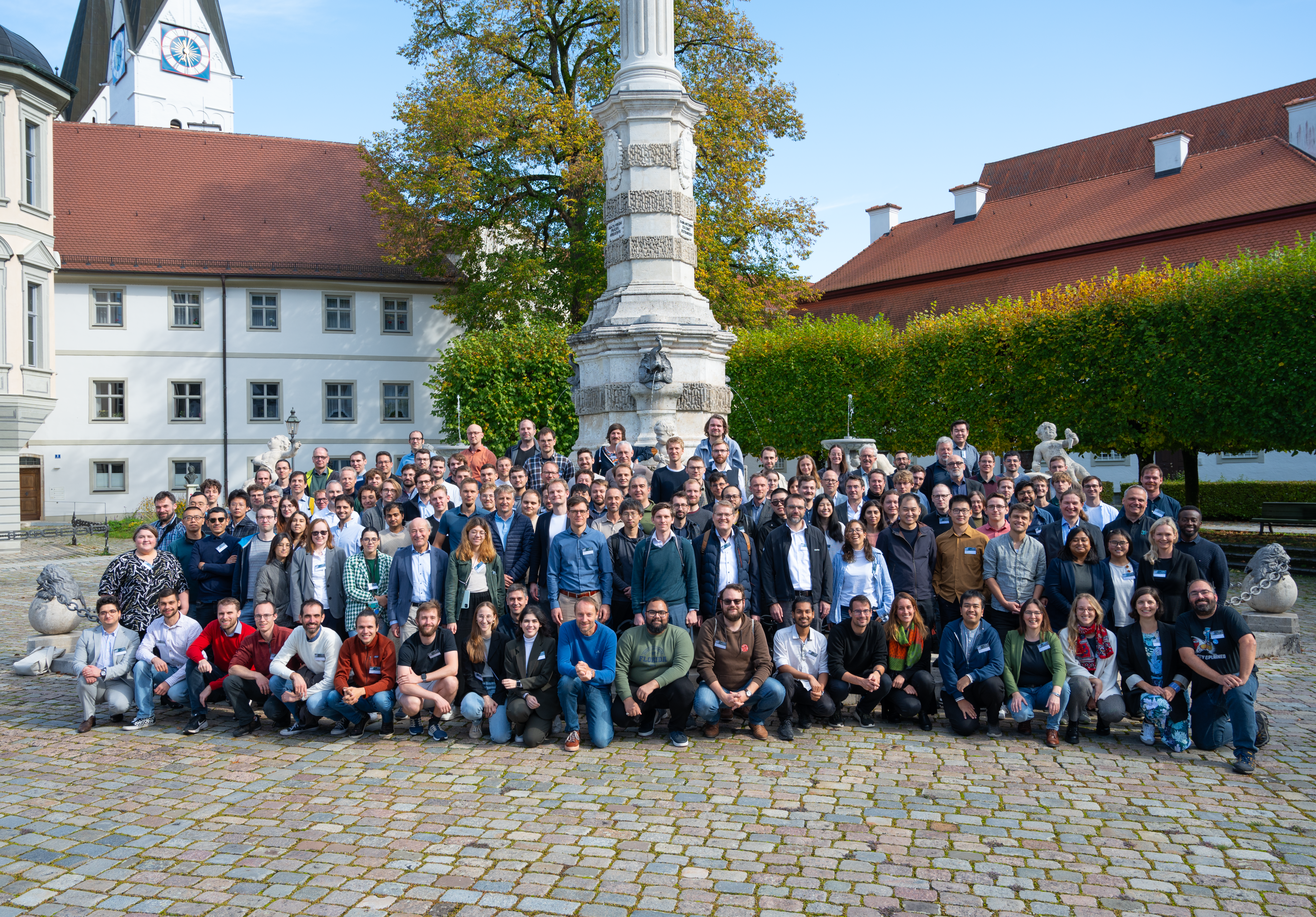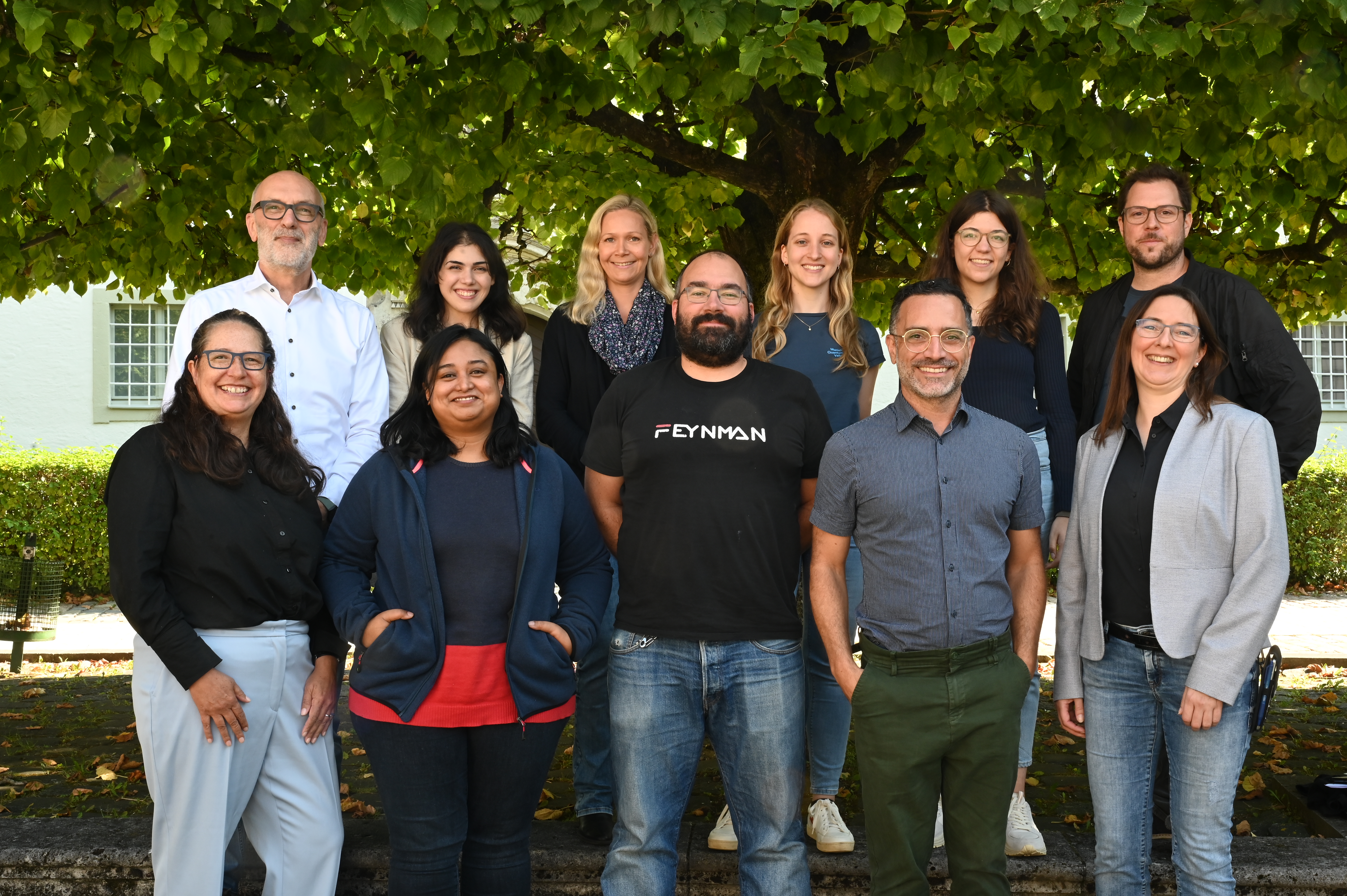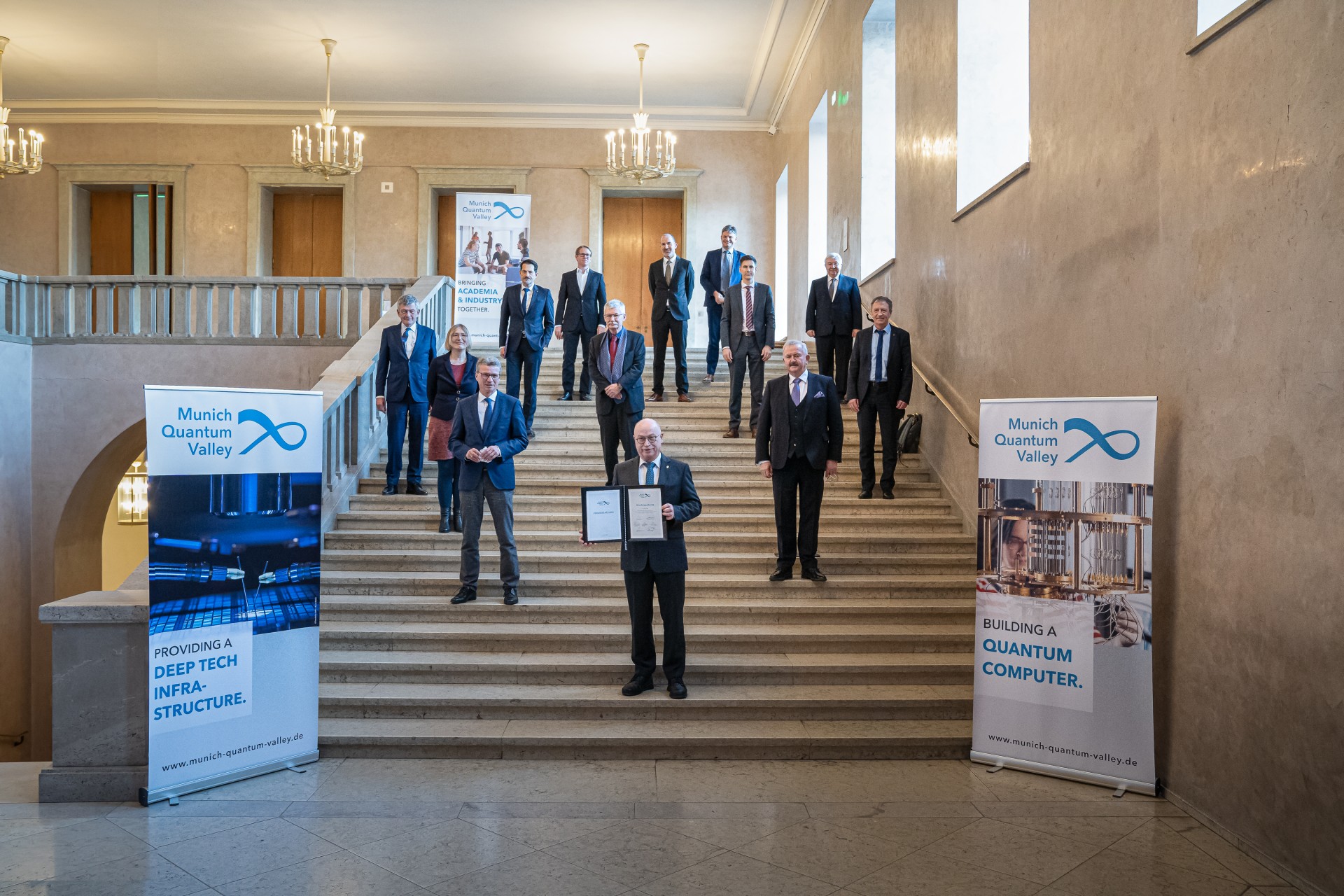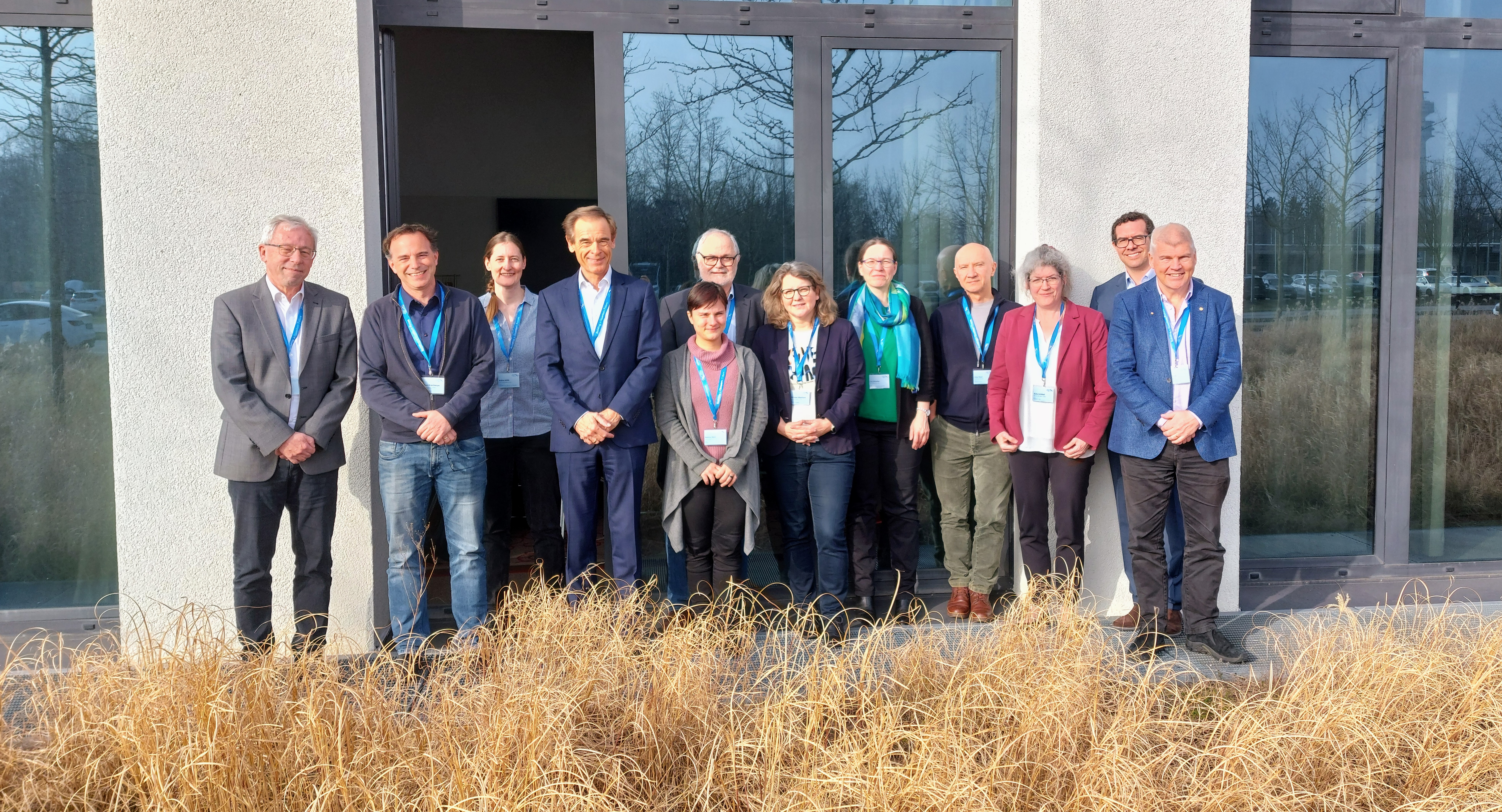
About us
Building a Quantum Future
Munich Quantum Valley (MQV) is organized as a registered association and supported by the Bavarian State Government with funds from the Hightech Agenda Bavaria. It combines the research capacities and technology transfer power of three major universities and key research organizations in Bavaria in an unprecedented intensity of cooperation: the Bavarian Academy of Sciences and Humanities (BAdW), the Fraunhofer-Gesellschaft (FhG), the Friedrich-Alexander-Universität Erlangen-Nürnberg (FAU), the German Aerospace Center (DLR), the Ludwig-Maximilians-Universität München (LMU), the Max Planck Society (MPG), and the Technical University of Munich (TUM). MQV builds on decades of experience in quantum science and technology (QST) at universities and research institutions in the Munich area and throughout Bavaria. It concentrates an unparalleled number of outstanding experts from all subfields of QST in an interdisciplinary center to promote QST in Bavaria.
Our vision
Munich Quantum Valley (MQV) aims to create the world’s foremost ecosystem for industrializing quantum technologies. It combines research, technology development, graduate training, and educational outreach in QST by establishing a tight network of research institutions, industry, incubators, funding agencies, and the public. By uniting public and private efforts in a shared enterprise and attracting the world’s best scientists and engineers, MQV aims to develop and operate competitive quantum computers and achieve breakthroughs in QST that will transform our future. It will accelerate technological disruption by promoting knowledge transfer between science and industry to foster quantum applications and push Bavaria and Germany to the forefront in QST. MQV will build on the most promising hardware platforms and technologies developed within MQV and by European partners to realize full-stack scalable quantum computers. On a medium-term basis (5–10 years), MQV will fabricate systems with up to 1000 qubits, integrate them into the powerful Bavarian HPC infrastructure, and make them available to users via cloud access. The long-term goal is to develop fault-tolerant quantum computers, which can solve a wide class of practical problems and hence are of broad use for both the economy and society.




